While there are gadgets that I regret buying, a mobile router is not one of them. My travel router is outdated and getting on in age, but it's still an indispensable piece of tech that I bring on my travels. Whenever I need to work while traveling, I forgo public Wi-Fi at the airport, hotel, or even the events I attend, and use this router instead.
But why is it so important for me to use this with my laptop? Here's a look at why it has become an essential piece of tech for my travels.
I don't trust public or hotel Wi-Fi
My router gives me peace of mind
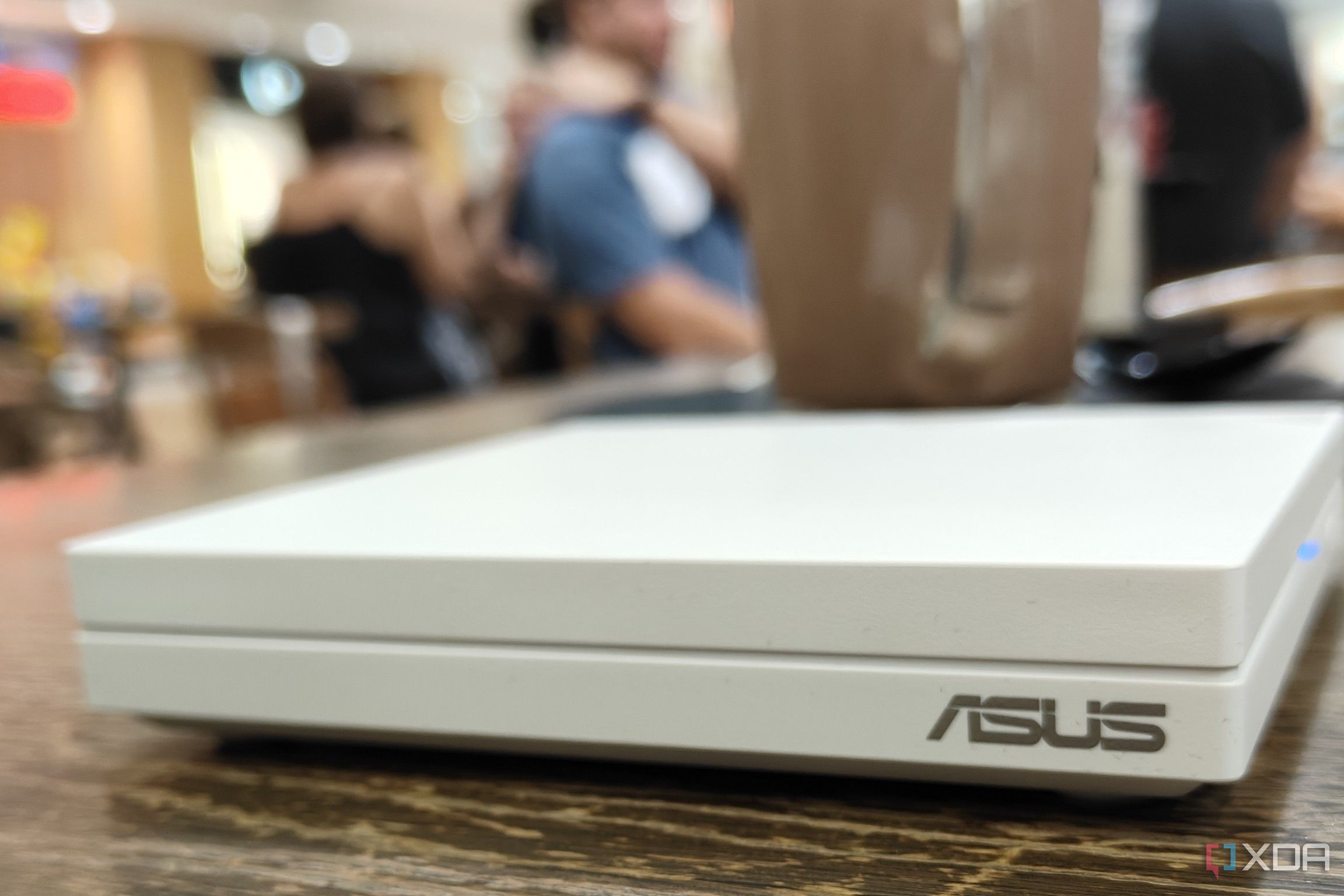
While some may argue that you don't need to worry about public Wi-Fi anymore, I still don't really trust it. The last time I used airport Wi-Fi, I needed to sign up for access — which meant that I had to hand over data like my email address. I suspect that this information was likely used for marketing purposes, before my country's data laws restricted the use of personal information. Meanwhile, considering how much data hotels gather about guests, I don't really trust them with my internet traffic.
A VPN can help obscure your internet history, but if you need to sign up to use Wi-Fi in the first place, then there's not really much hope of anonymity. I also worry about the security of these connections and don't want to risk the credentials I use for the sites I work for by connecting my laptop to these networks.
Besides using my laptop for work, I also use my router to connect to my smart home camera to check that everything is fine. I wouldn't want to risk this connection being exposed either.
I'm not tethered to Wi-Fi hotspots
My mobile router uses a SIM card
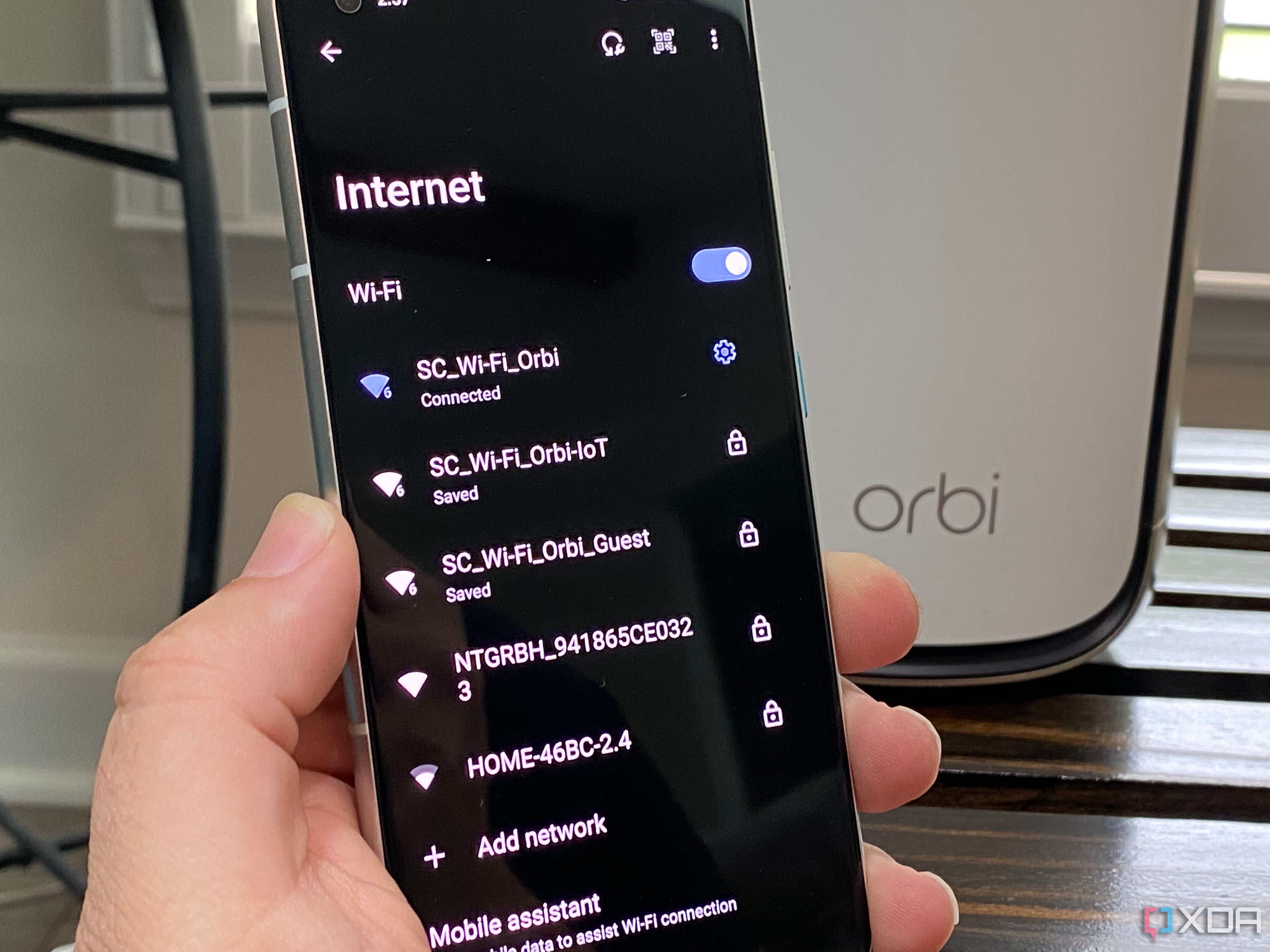
Since my travel router uses a SIM card to connect to a mobile network, I don't have to rely on existing Wi-Fi hotspots to get access to the internet. While some travel routers are really great at using an existing network to create a secure connection, this wouldn't solve the issue of being at an event where no Wi-Fi is available.
There have also been times where the hotel Wi-Fi doesn't work, leaving my coworkers stuck without internet or needing to turn their phone into a wireless hotspot. Using your phone's data plan can be really expensive, which is why I prefer to use my LTE SIM instead. I also don't have to worry about draining my phone's battery in order to provide an internet connection to my laptop.
Another benefit of my router is that it has a built-in battery. This means I don't have to use a power bank or power outlet to use the router, which gives me even more portability.
I have a larger cap to work with
No more tiny allocations
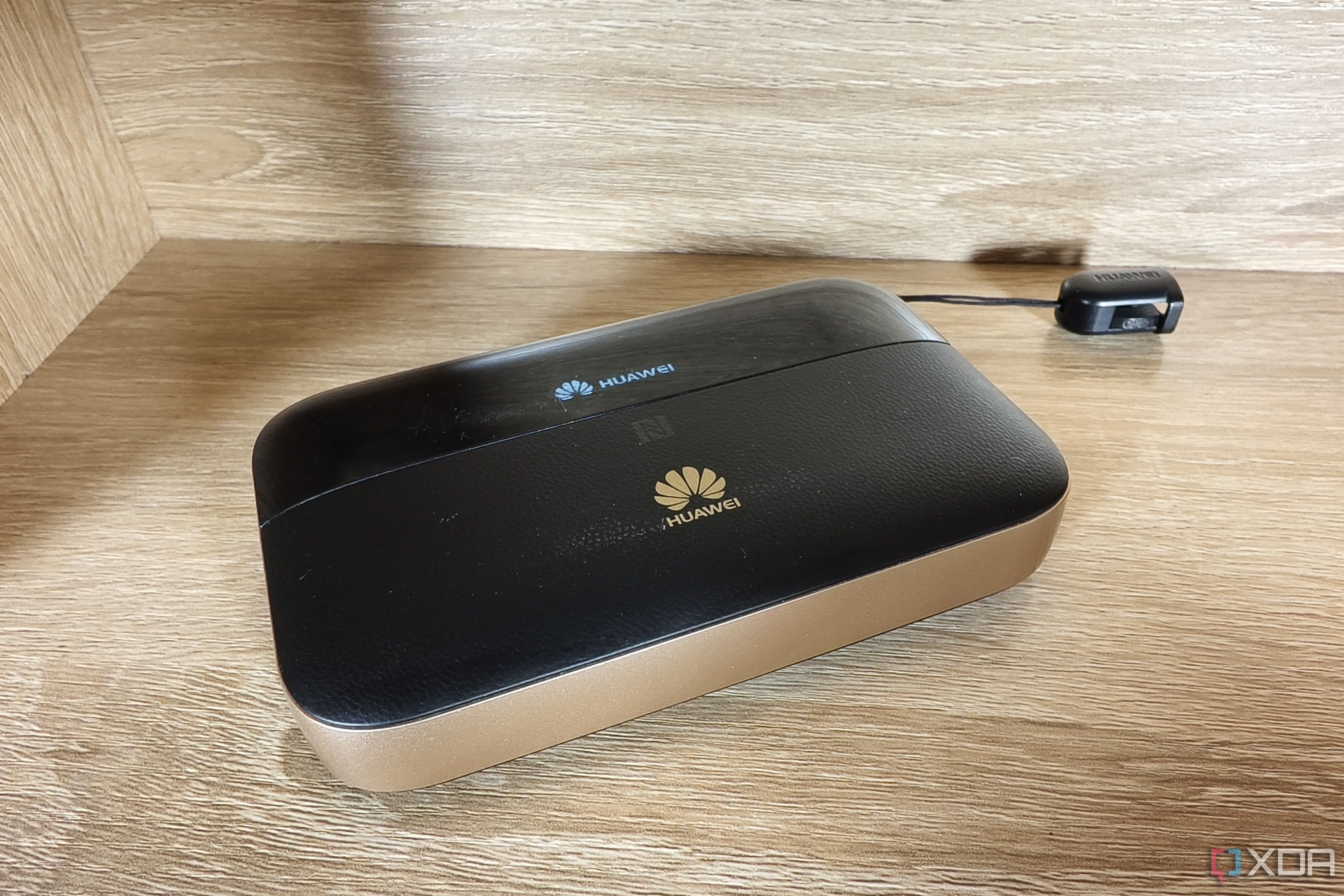
While some places offer unlimited free Wi-Fi, I've found that airports and hotels offer you a measly limit on how much data you can use. So even if I was willing to sign into public Wi-Fi, I'd likely run into limits eventually that leave me with no connectivity.
I primarily use my laptop to work when I'm traveling, but I also sometimes use it to stream YouTube videos, especially in the evening when I'm trying to wind down and go to sleep. My LTE plan has a total cap of 80GB, whereas I've often found that hotels offer as little as 5GB.
By connecting to my router, I don't have to worry about using up my cap quickly. While 80GB isn't enough for an entire month's usage, it is more than enough to cover the occasional overnight trips I do for work. I also don't have to worry about paying the hotel to top up my data cap, as I know how expensive hotel services can be.
I can easily download images from press releases while working on an article, post on social media about tech launches, and write up my draft, without worrying that I'm suddenly going to be cut off.
My LTE connection is often faster than public Wi-Fi
It's not fast, but it's still faster
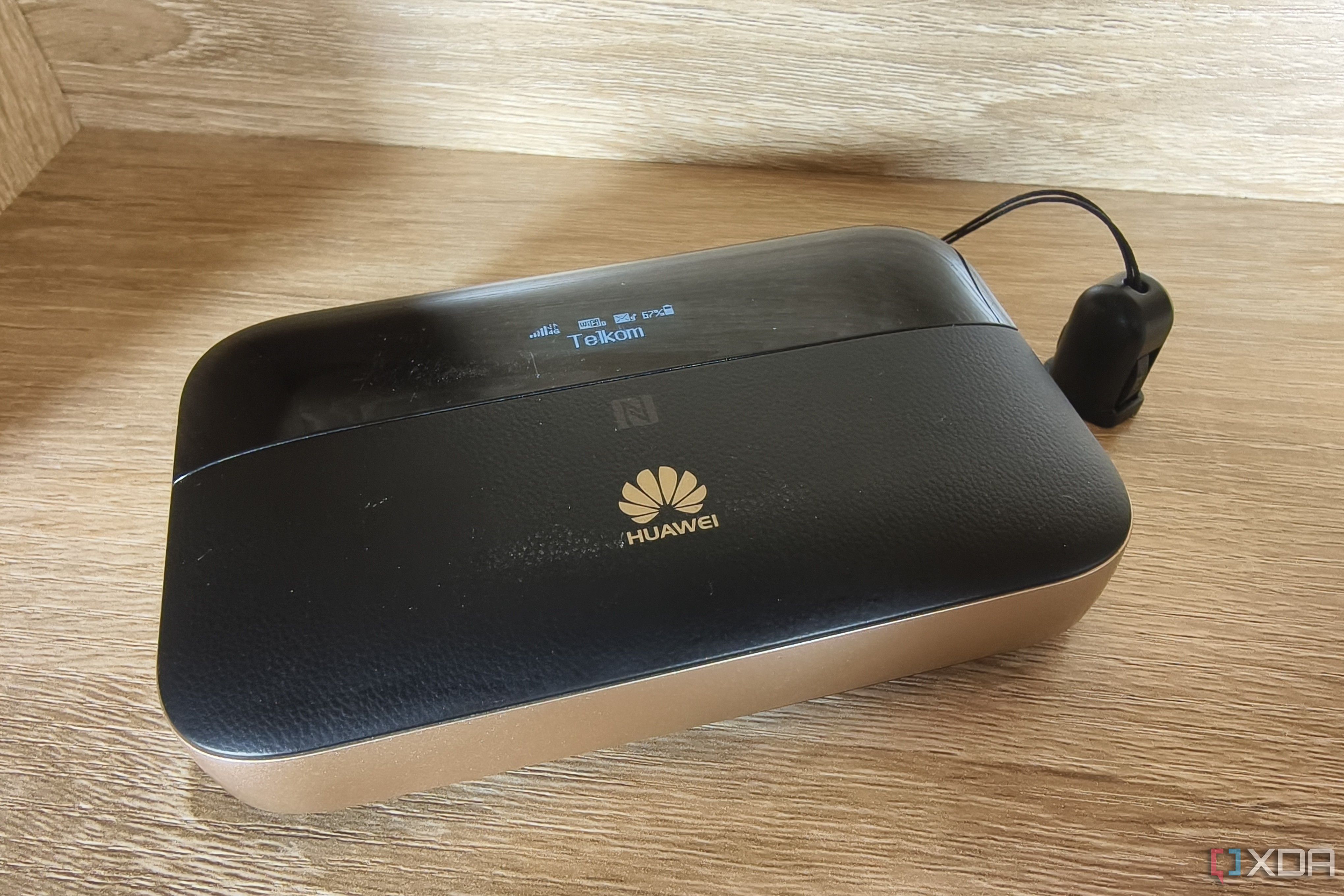
My mobile router uses a 4G connection, which means that it's not as fast as a network offering 5G connectivity. But I've rarely found that hotel or airport Wi-Fi offers 5G speeds, often throttling the connection to an incredibly slow speed, meaning that my 4G connection offers the better option.
There's also the fact that I'm the only one using my router. This means that my connection doesn't become congested, whereas a publicly available network has to deal with the traffic of multiple people, sometimes hundreds. That said, I still may face congestion issues at an ISP level, but this happens a lot less in comparison.
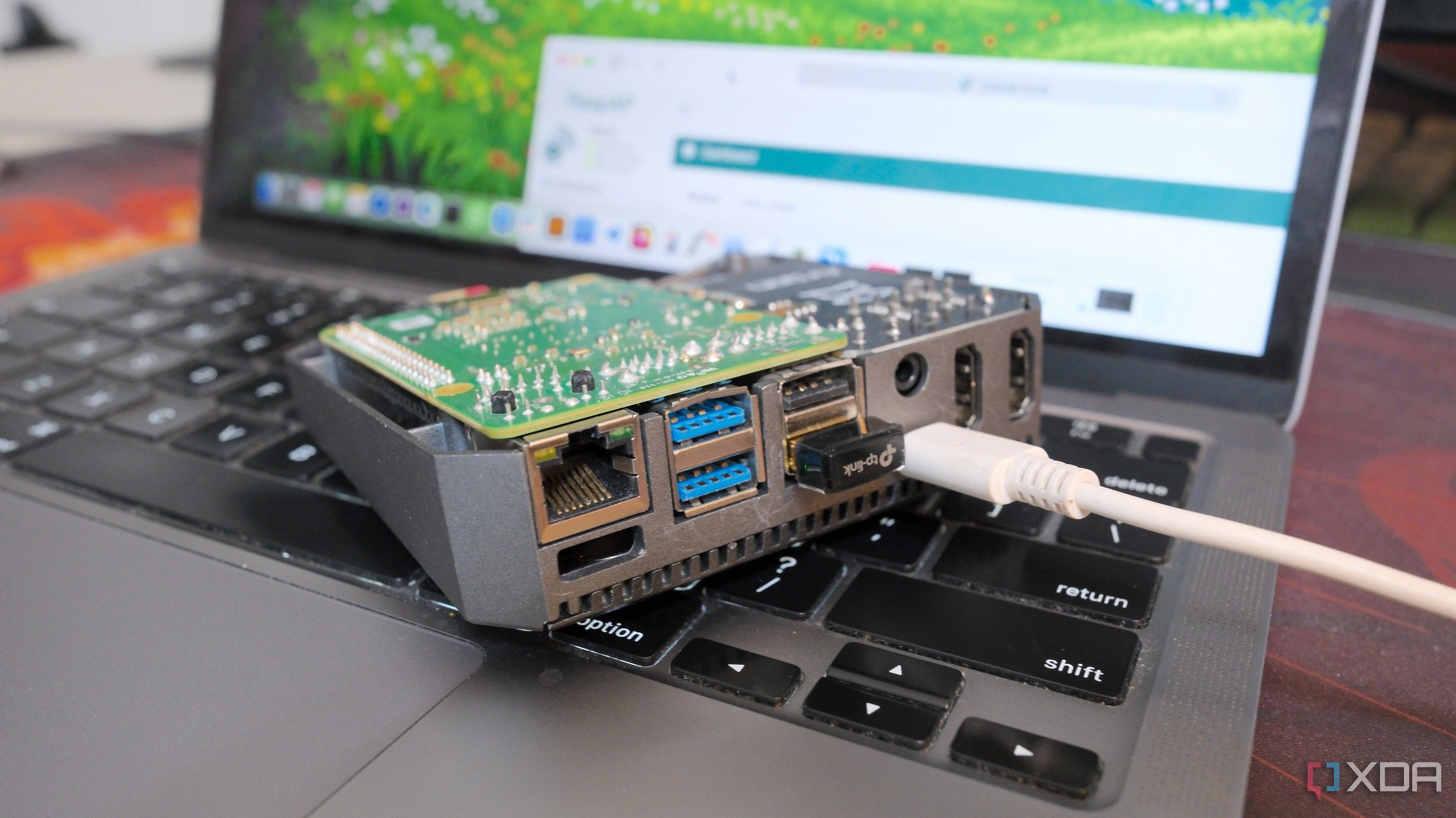
Related
I turned an old Raspberry Pi into a travel router and here’s how it went
With RaspAP and a USB Wi-Fi adapter adapter, I managed to build a portal wireless router for my travels using a Raspberry Pi 4.
I plan to keep using my router on my travels
While I'd be interested in a travel router that offers more features, such as the ability to leverage public Wi-Fi to create a secure connection, there's a reason I've been using my mobile router for years. It offers many benefits over connecting to publicly available Wi-Fi or hotel Wi-Fi, while protecting my privacy and peace of mind. In fact, whenever I research a possible travel router purchase, I check if it has a SIM slot available to connect to a mobile network.
So far, I haven't found an option that has encouraged me enough to make a purchase. In the meantime, I continue to rely on my trusty portable router as an essential piece of travel tech.
.png)
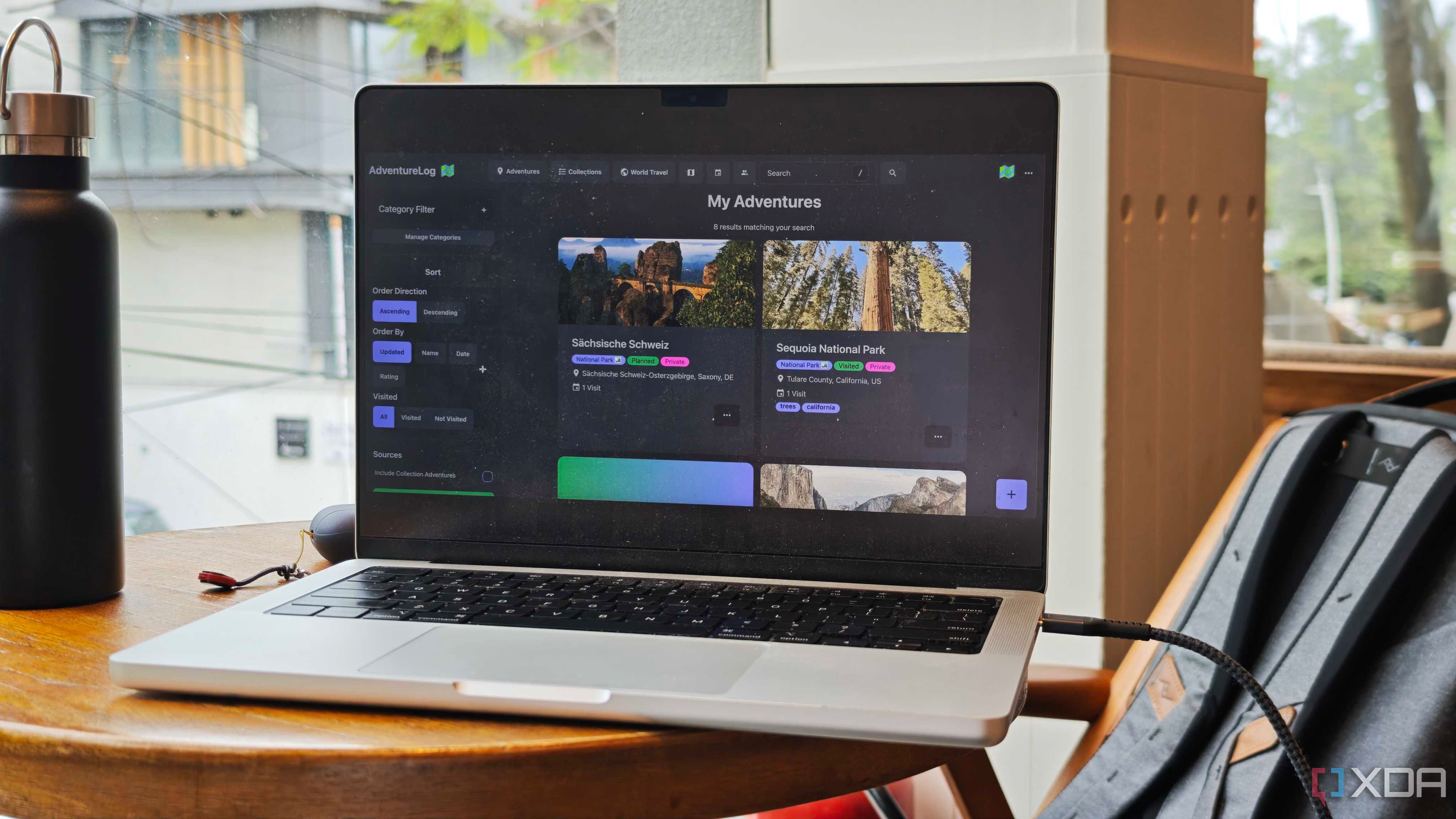
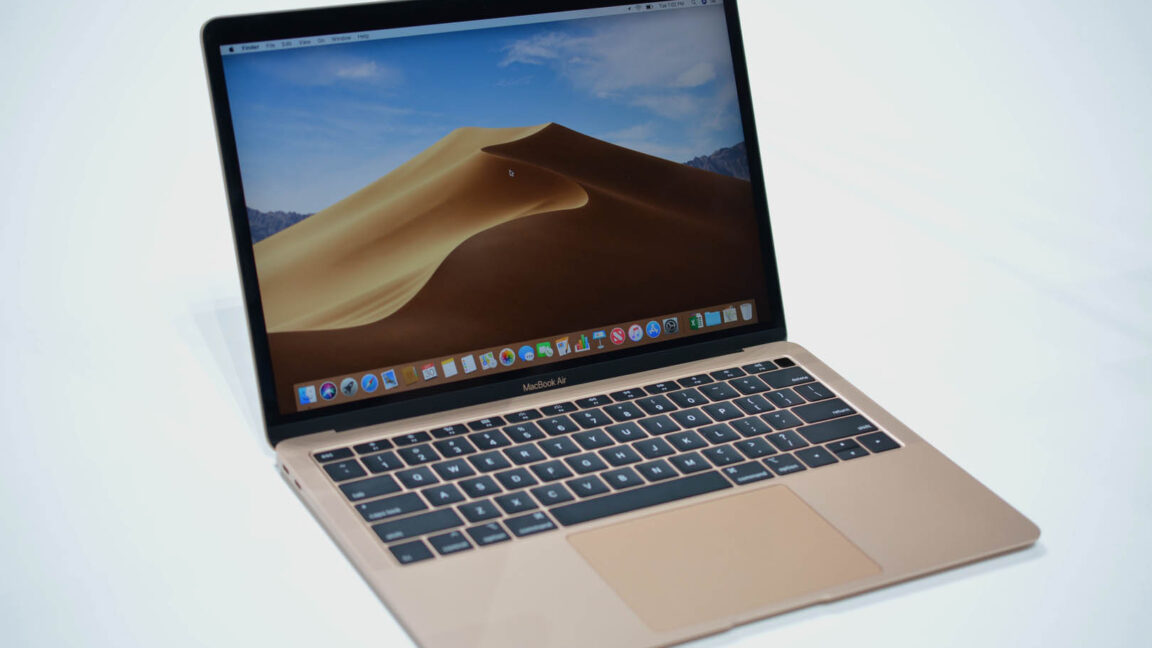









 English (US) ·
English (US) ·